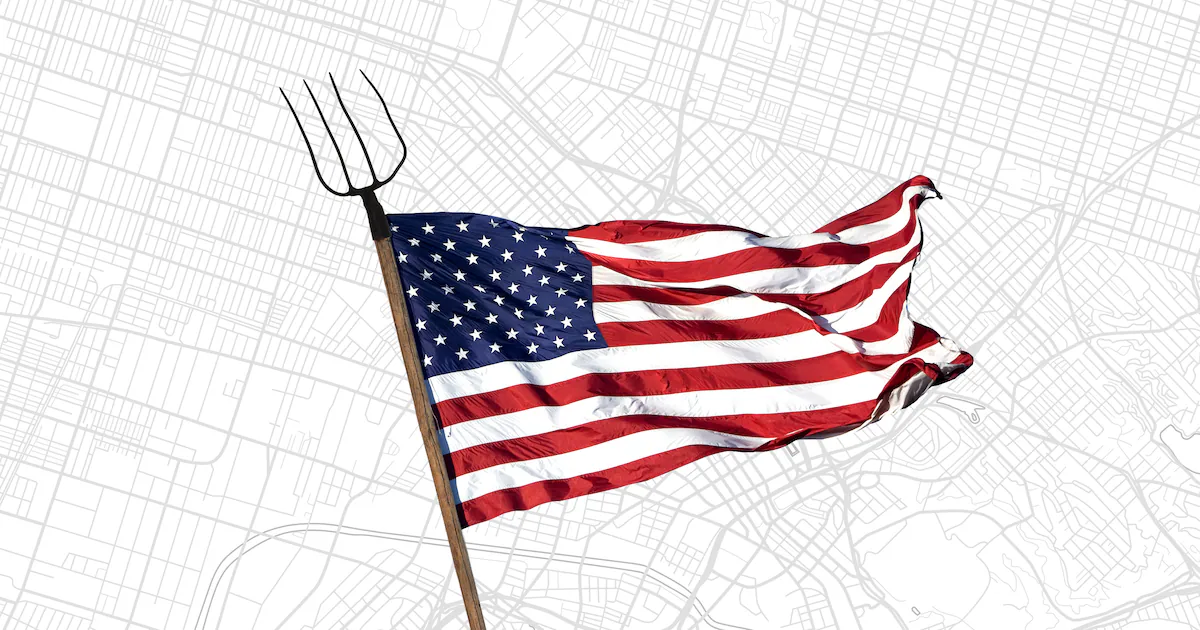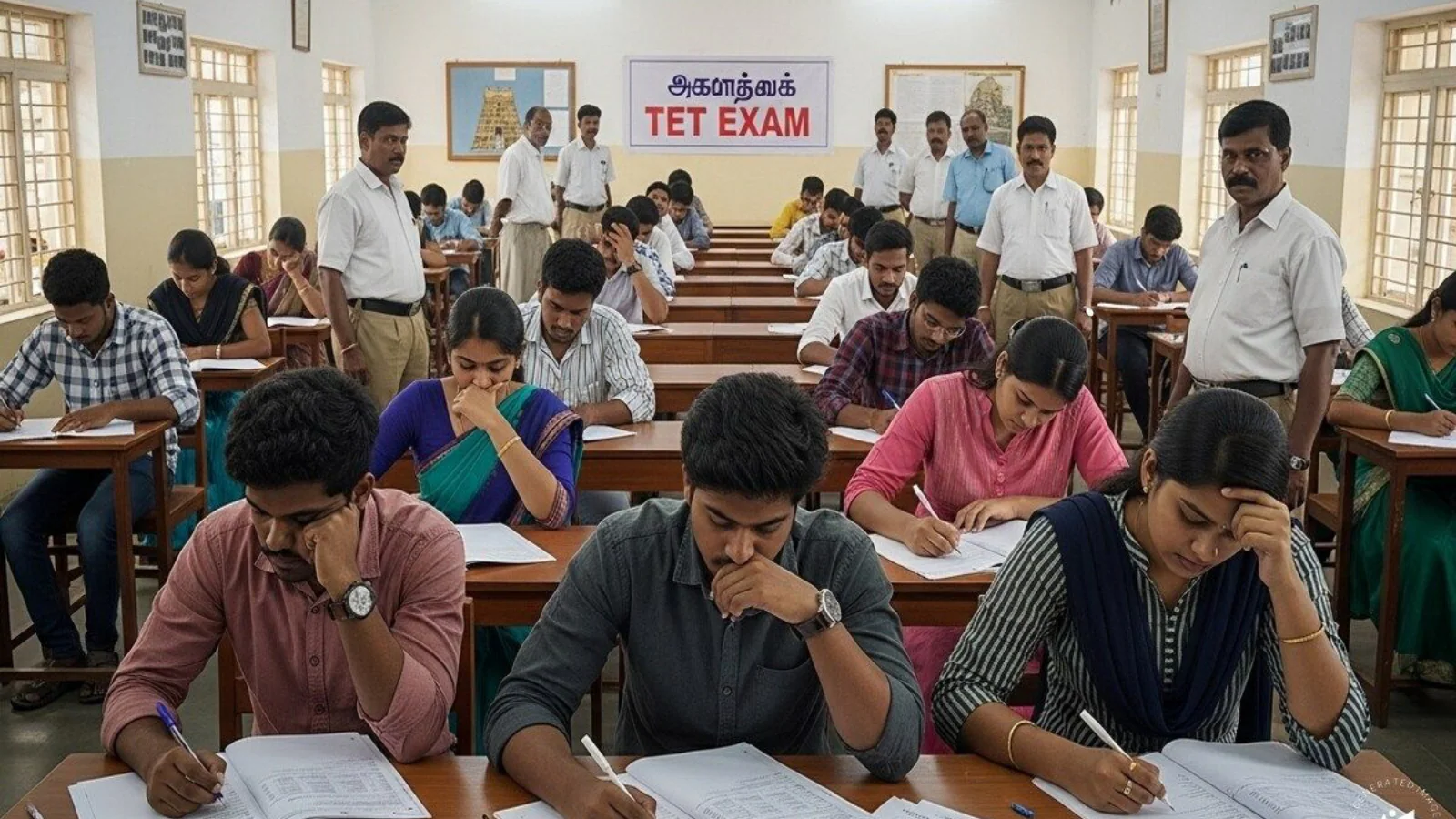
The Washington Post fired columnist Karen Attiah last week for “unacceptable” social media posts after Charlie Kirk was fatally shot. It was the second dismissal of a high-profile media personality related to the Sept. 10 assassination at Utah Valley University; MSNBC cut ties with commentator Matthew Dowd and apologized for his remarks on the day of the shooting.
Dozens of other people have been fired, suspended or expelled because of comments or videos posted online. Some have been targets of an organized campaign to publicly identify offenders and call for retribution.
Vice President JD Vance said Monday, as he hosted Kirk’s podcast, “When you see someone celebrating Charlie’s murder, call them out.”
The list of casualties is growing by the day and is wildly diverse, including a communications specialist for the Carolina Panthers, an Office Depot employee, a lawyer and a Secret Service agent.
Education Week reported that teachers in at least 12 states have been suspended or fired, and that one Massachusetts school district has requested police patrols.
Incidents that have gone viral include a woman, reportedly a teacher in Framingham, Massachusetts, who sang “God Bless America” and focused the camera on the word “dead” as a TV show reported on the murder.
Students are also facing consequences, including an 18-year-old who was arrested and later expelled at Texas Tech University for cursing and taunting people at a campus vigil. Today, another video was making the rounds, showing a young person at Texas State University who pantomimed Kirk’s shooting and collapse. Texas Gov. Greg Abbott called for the man’s expulsion, saying, “mocking assassination must have consequences.”
Later in the day, the university announced that the student “is no longer a student at TXST.”
The uproar has raised questions about whether the political right has resurrected cancel culture not long after it seemed to have been vanquished for good.
But conservative activist Robby Starbuck told The Washington Post that what’s happening now is much different. “The left canceled Dr. Seuss because the books offended them, and they tried to get people fired for not getting the Covid vaccine. We’re demanding action because people mocked or celebrated an assassination in broad daylight.”
Conservative commentator Matt Margolis wrote that he’s normally a foe of cancel culture, but that what we’ve seen this week “crosses a moral threshold.”
“To celebrate murder is to condone it. At that point, it’s not just ‘speech’ anymore; it’s a grotesque endorsement of evil, arguably incitement,” Margolis wrote.
The cases of teachers celebrating Kirk’s death are particularly egregious, because parents entrust their children to their care, and the reprehensible videos and posts call into question not only the teachers’ worldview, but their judgment and maturity. To many conservative parents, the offensive content only confirms their belief that public schools and universities are blue-washing their children.
And it doesn’t help that, in a piece for the Chronicle of Higher Education entitled “Charlie Kirk’s death is a catastrophe for higher ed,” David Austin Walsh warns that “faculty and staff need to be very careful about what they say in response to Kirk’s death.”
It’s rather astonishing that faculty and staff at institutions of higher learning have to be told to be careful about what they say publicly about the assassination of a young father who was talking to students … on a college campus … but some apparently do.
At the same time, it’s somewhat unsettling to see people mocked and disciplined for their reaction to the death of a man who championed free speech and civil conversation between people who disagree.
The organized scouring of social media accounts has been described as a witch hunt, and conservatives now run the risk of taking it too far. Already there have been reports of people being wrongly identified. And as bad as the student’s behavior might have been, the mother in me felt a wave of sympathy for the teary 18-year-old in handcuffs at Texas Tech.
The Texas governor, however, is holding a hard line. The state is investigating more than 100 teachers who “called for or incite violence,” Abbott said, and he intends to suspend their teaching credentials in the state.
With widespread sympathy for Kirk and increasing interest in the political movement he founded, it’s hard to find sympathy for the most reprehensible behavior this week, with even people at odds with him politically recognizing that his death was nothing to celebrate.
Dowd, the commentator fired from MSNBC for saying that “awful words” lead to “awful actions,” has tried to defend his remarks as “misconstrued.” Few have rallied around him.
Attiah has gotten more public support, primarily from fellow journalists who see her dismissal as a violation of free speech. She wrote on Substack that she had been fired for “speaking out against political violence, racial double standards, and America’s apathy toward guns.”
The Post has declined to comment on the firing, but one of Attiah’s posts on Bluesky referenced a controversial Kirk quote which named four prominent Black women and said being helped by affirmative action policies shows they “do not have the brain processing power to be taken seriously.”
Kirk’s defenders say he was referring to these four women specifically because he had used the word “you.” But Attiah quoted him as saying “Black women do not have the brain processing power.”
Robby Soave at Reason magazine called this “journalistic malpractice.” But again, it wasn’t just the change in the quote and its isolation from context that caused the newspaper to reassess her employment; it was also the post’s egregious timing, coming at a time when much of the nation was in mourning.
Words have consequences, whether or not they’re true, and many ordinary Americans have learned that the hard way this week.



